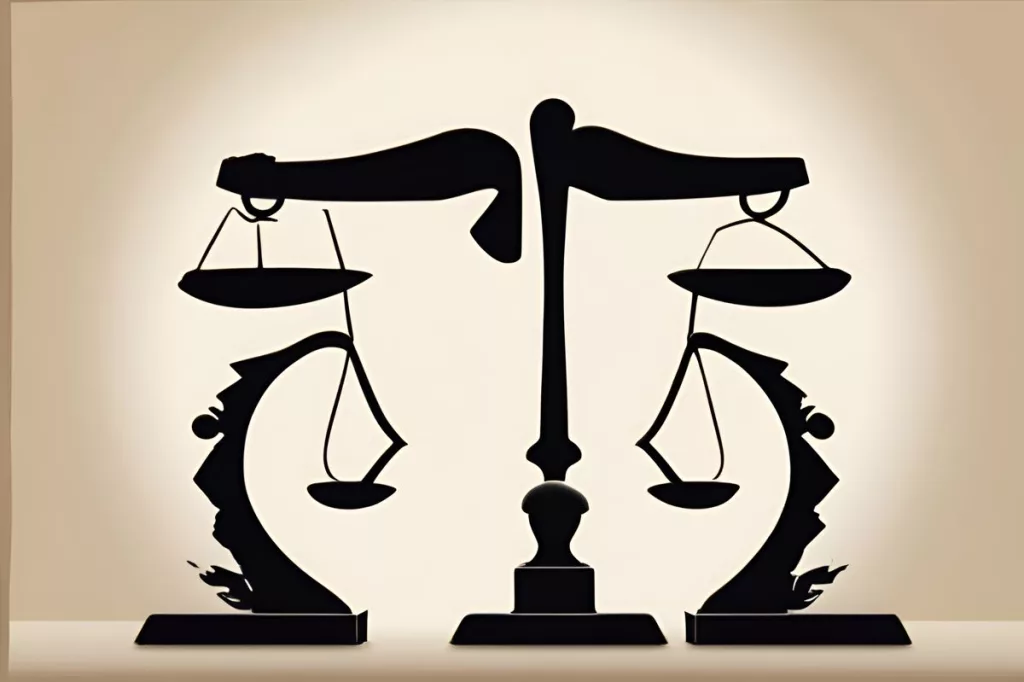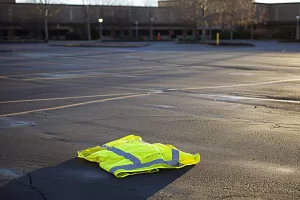Najwa Petersen’s parole case is a tangled story of crime, loss, and justice. She was convicted for killing her husband, a famous South African singer, and after serving 13 years, she was initially granted parole. However, the Minister of Correctional Services, Pieter Groenewald, stopped her release, saying it was important to consider the feelings of the victim’s family and the public. This situation raises big questions about how to help people change while also making sure victims and their families feel justice is served. As the case continues, everyone is watching to see how the system can find a balance between helping offenders and respecting the pain of those they hurt.
Oscar Pistorius, once a celebrated athlete, now lives a life of solitude and remorse following his release on parole after being convicted for the 2013 killing of Reeva Steenkamp. He spends his time performing menial tasks at a church in Pretoria and his appearance has drastically changed. Pistorius is bound by strict regulations and cannot communicate with Steenkamp’s family. His story is a reminder of the fleeting nature of fame and the lasting repercussions of personal decisions.
Oscar Pistorius, a oncecelebrated Paralympian, is currently fulfilling his community service obligations after being granted parole for the murder of his girlfriend. He is performing tasks such as sweeping church floors and managing parking at his local church while undergoing therapy for anger management and genderbased violence. Pistorius is subject to specified curfew hours and cannot consume alcohol or illegal substances. His journey from a celebrated sportsman to a convicted criminal seeking redemption through service offers a powerful lesson in remorse and rehabilitation.
The Imminent Parole of Oscar Pistorius: An Examination of Correctional Justice Practice
Oscar Pistorius, the former Paralympian convicted of murdering his girlfriend in 2013, will be granted parole starting from January 5, 2024, according to the Correctional Supervision and Parole Board. Pistorius will be integrated into the Community Corrections system and will be under supervision until his sentence concludes in 2029. He will be required to adhere to specified home hours, abstain from alcohol and other illicit substances, and engage in specific programmes as outlined by the CSPB, while not being allowed to partake in media interviews.
Oscar Pistorius, the Paralympic champion, could be granted parole this week after being convicted of murdering his girlfriend ten years ago. His legal counsel has expressed hope that he will be released before Christmas, but the journey towards parole is often a lengthy process, and it may take several weeks for Pistorius to leave the prison. Pistorius’s crime was a tragic fall from grace for the former Blade Runner, who had previously achieved worldwide fame as the first double amputee to participate in the Olympics.
Oscar Pistorius, the former Paralympian convicted of killing his girlfriend, is up for parole on November 24th. If the parole committee approves, he could be released from prison early. However, the timeline for his release remains uncertain, as various factors could impact the process. Reeva Steenkamp’s mother is not expected to contest the parole, but her attendance remains unknown. The world waits for the final verdict in this lengthy and convoluted saga.






